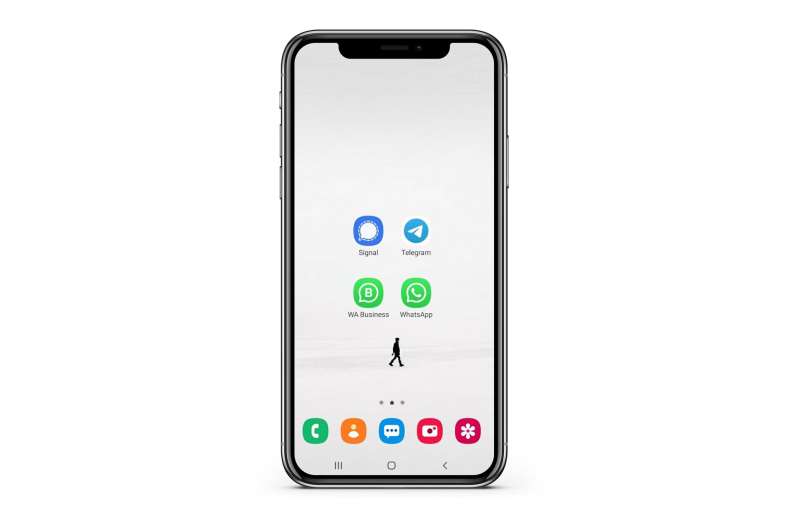
The Federal Trade Commission wants to know more about how Amazon—and its executives—use the encrypted messaging app Signal.
The agency accused Amazon of using the app, which can be set to automatically delete messages, to hide information related to the FTC's ongoing antitrust investigation into the company. After a years-long probe that started in 2019, the FTC sued Amazon last September, alleging the company used unfair business practices to maintain a monopoly in the e-commerce markets.
In a court filing this week, the FTC moved to "compel" Amazon to share more information about its policies and instructions related to using the Signal app, a messaging service that offers end-to-end encryption to keep texts and phone calls secure. The FTC accused Amazon executives of manually turning on the feature to delete messages in Signal even after the company learned that the FTC was investigating and had told Amazon to keep documents, emails and other messages.
Many of Amazon's senior leaders used Signal, according to the FTC, including former CEO and current chairman Jeff Bezos, CEO Andy Jassy, and general counsel David Zapolsky, as well as Jeff Wilke, former head of Amazon's worldwide consumer business, and Dave Clark, former worldwide operations chief.
"Amazon is a company that tightly controls what its employees put into writing," FTC attorneys said in a court filing. "But Amazon's senior leadership also used another channel for internal communications and avoided the need to talk carefully by destroying the records of their messages."
Amazon described the FTC's accusations as "baseless." In a statement on its website, the company said it voluntarily disclosed employees' use of Signal, collected Signal conversations from employees' phones and allowed the FTC to inspect conversations—"even when they had nothing to do with the FTC's investigation."
"The FTC has a complete picture of Amazon's decision-making in this case," the company said, noting that the agency had 1.7 million documents, from emails, internal messaging apps and company laptops, and over 100 terabytes of data.
Amazon said several corporate witnesses, including Bezos, have spoken with the FTC about the company's use of Signal. The only information it does not want to provide is privileged legal advice, the company said.
Amazon has asked U.S. District Judge John Chun to dismiss the case, arguing that the business practices in question lowered prices for consumers and are common across the retail industry. In court records, Amazon described the FTC's lawsuit as an "attack" and an "effort to hobble one of America's most consumer-focused businesses."
In the court filing, the FTC asked Amazon to provide two troves of documents related to its use of Signal: Amazon's document preservation notices and its instructions about the use of "ephemeral messaging applications, including Signal."
The FTC said Amazon waited for more than a year after it learned of the investigation to instruct its employees to preserve Signal messages.
"It is highly likely that relevant information has been destroyed as a result of Amazon's actions and inactions," the FTC wrote in court records.
The FTC alleged that in March 2022—more than two years after the FTC notified Amazon of its investigation—the company directed several executives to download an Amazon-owned secure messaging app, Wickr. That app would allow Amazon to save messages centrally.
Two days after the directive to switch, the FTC alleged, the company first disclosed it had been using the encrypted messaging service Signal.
2024 The Seattle Times. Distributed by Tribune Content Agency, LLC.
Citation: Jassy, Bezos, other Amazon execs used Signal messaging app, a problem for FTC (2024, April 29) retrieved 29 April 2024 from https://techxplore.com/news/2024-04-jassy-bezos-amazon-execs-messaging.html
This document is subject to copyright. Apart from any fair dealing for the purpose of private study or research, no part may be reproduced without the written permission. The content is provided for information purposes only.
